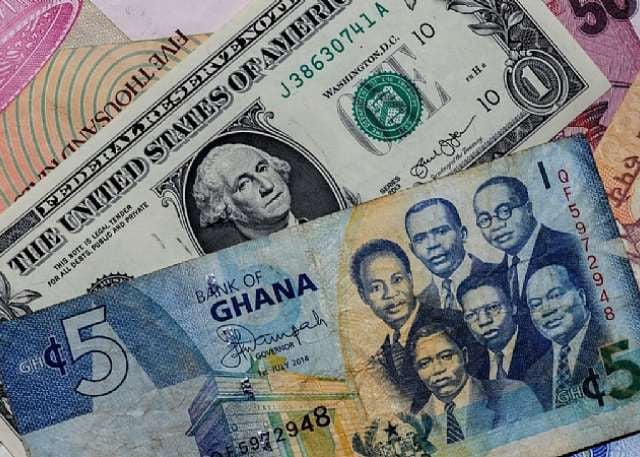The Ghanaian Cedi has exhibited a notable appreciation against the United States dollar, strengthening its position in the foreign exchange market. As of Tuesday, May 6, 2025, data from Cedirates.com, a reliable Ghanaian platform for currency and fuel updates, indicates a buying rate of GHS13.64 per dollar and a selling rate of GHS14.46. This signifies a positive trend for the Cedi, reflecting increased demand and potentially indicating a healthier economic outlook. The appreciation of the Cedi against the dollar could be attributed to various factors, including increased foreign investment, improved export performance, or positive macroeconomic indicators. This development can have significant implications for the Ghanaian economy, including reduced import costs, improved trade balances, and potentially lower inflation.
Further analysis of the foreign exchange market reveals a slight variation in rates across different platforms. At forex bureaus, the Cedi trades at GHS14.30 for those exchanging dollars for cedis and GHS14.90 for those converting cedis to dollars. This difference in rates between the official market and forex bureaus is common and often reflects market dynamics, transaction costs, and varying levels of accessibility. The interbank market, typically reserved for larger transactions between financial institutions, shows a tighter spread with a buying rate of GHS13.64 and a selling rate of GHS13.66 per dollar. This smaller difference reflects the higher volumes and lower transaction costs associated with interbank trading.
The Cedi’s performance against other major currencies also exhibits a strengthening trend. Against the British Pound, the average exchange rate stands at GHS18.04 for converting pounds to cedis and GHS19.26 for converting cedis to pounds. Similarly, the Euro trades at an average of GHS15.37 to exchange euros for cedis and GHS16.39 to convert cedis to euros. These rates, while showing a slightly wider spread than the dollar exchange rates, still suggest a relatively stable position for the Cedi in the international currency market. The Bank of Ghana’s interbank rates for the Pound and Euro stand at GHS18.13 and GHS15.44 respectively, again reflecting the tighter spreads characteristic of interbank transactions.
Money transfer services, such as LemFi and Afriex, offer competitive exchange rates for remittances from the US or the UK to Ghana. For dollar transfers, LemFi offers a rate of GHS13.36 per dollar, while Afriex provides a slightly more favorable rate of GHS13.32 per dollar. This slight difference highlights the competition within the remittance market and provides options for consumers seeking the best exchange rates. Both services offer the same rate of GHS17.78 for British Pound transfers, indicating a potentially standardized approach for this particular currency corridor. For Euro transfers, Afriex offers a slightly lower rate of GHS15.13 compared to LemFi’s GHS15.18. These specialized remittance services often offer competitive rates compared to traditional banking channels, making them a popular choice for international money transfers.
Digital subscription payments, a growing segment of international transactions, also present unique exchange rates. For platforms like Netflix, Spotify, or Apple Music, payments using Visa cards are processed at an exchange rate of GHS14.77 per dollar, while Mastercard transactions use a slightly lower rate of GHS14.61. This difference, though minor, highlights the varying fees and exchange rate agreements that payment processors negotiate with different card networks. These rates are generally higher than the interbank or remittance rates, reflecting the convenience and processing fees associated with international digital transactions.
In summary, the Ghanaian Cedi has shown appreciable strength against major international currencies, including the US dollar, British Pound, and Euro. This positive trend is evident across various exchange platforms, including forex bureaus, interbank markets, remittance services, and digital payment platforms. While variations in exchange rates exist across these different channels, the overall picture reflects a favorable position for the Cedi. This strengthening could be attributed to a number of factors, including improved economic conditions, increased foreign investment, or positive trade balances. The continued monitoring of these exchange rates will be crucial in understanding the evolving dynamics of the Ghanaian economy and its position in the global financial landscape.














